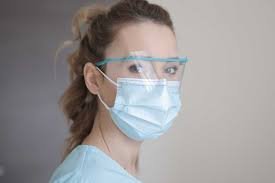
Covid 1 19 Alert
Stay at home if you feel unwell
-
For Sales & Support +971 50 245 1441
-
Have Query E-Mail Us info@globelinkmed.com
0
0,00 د.إ







